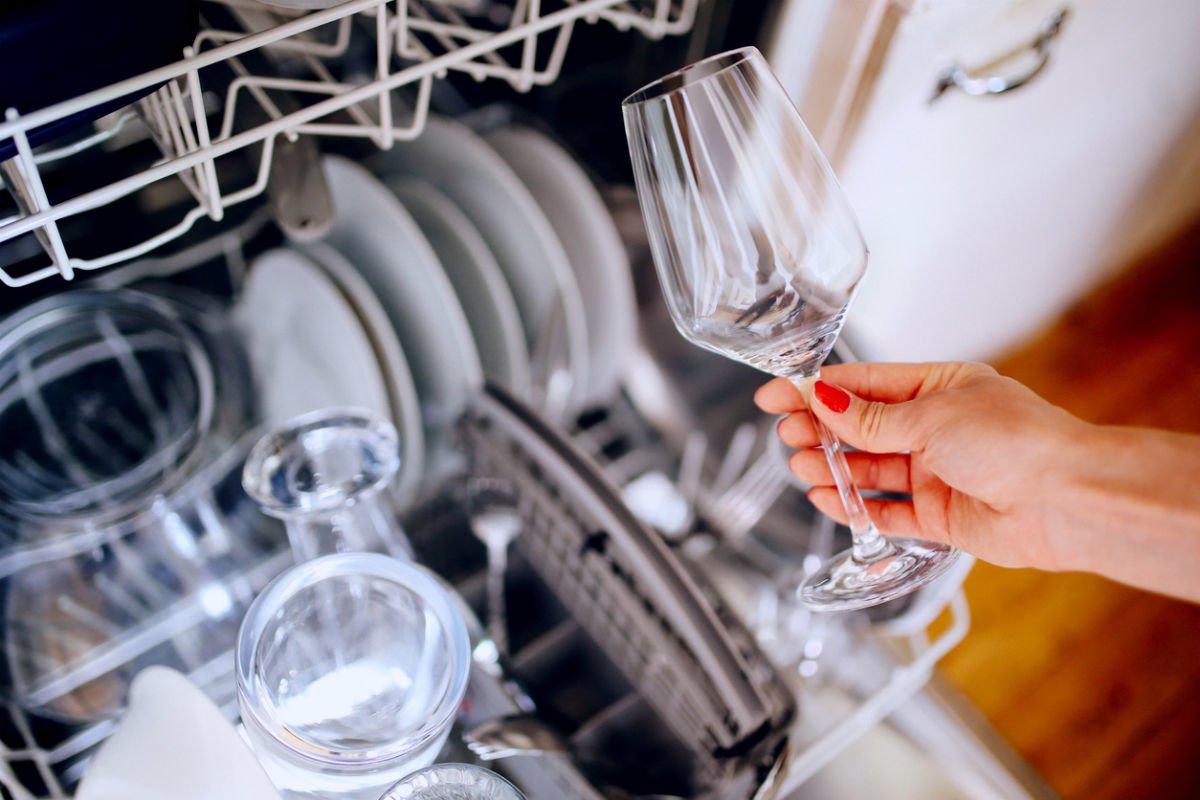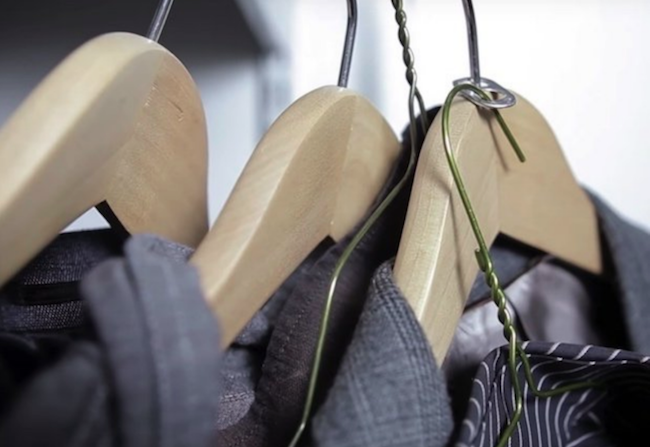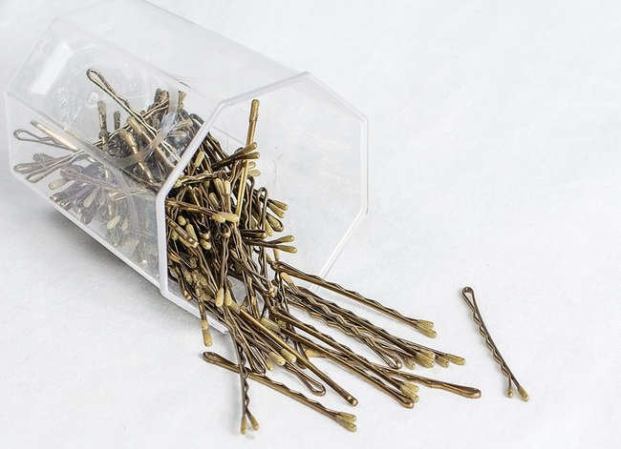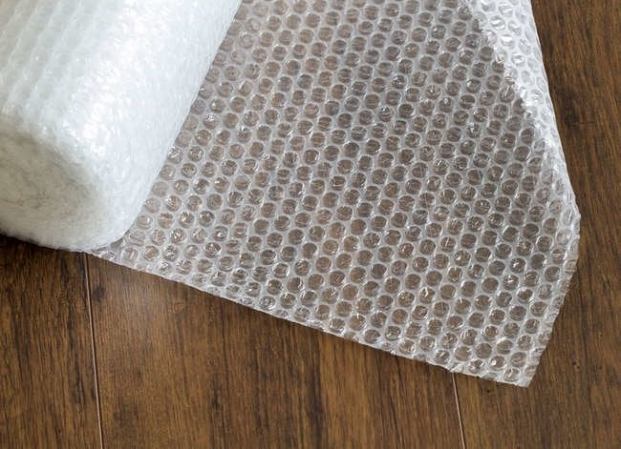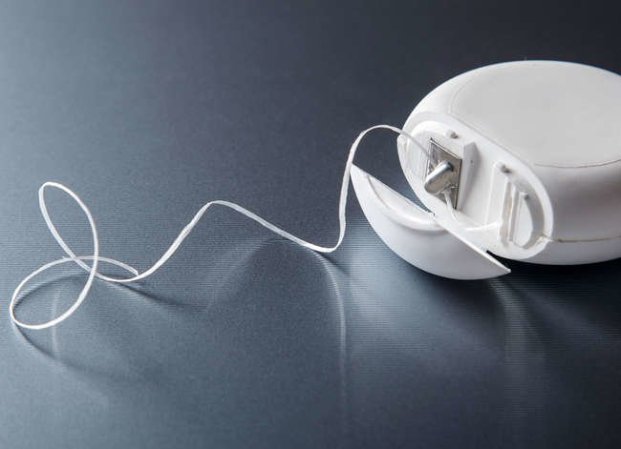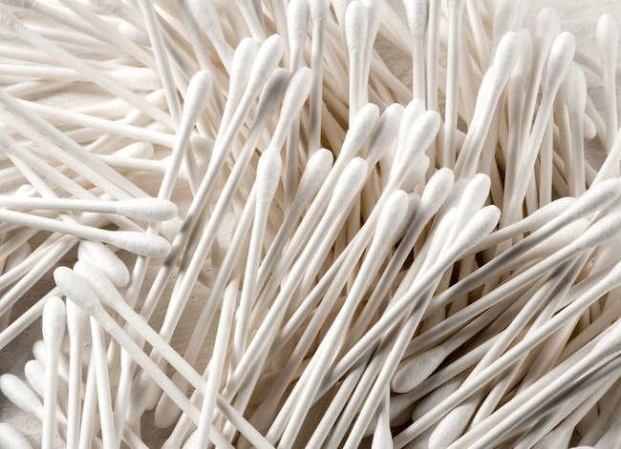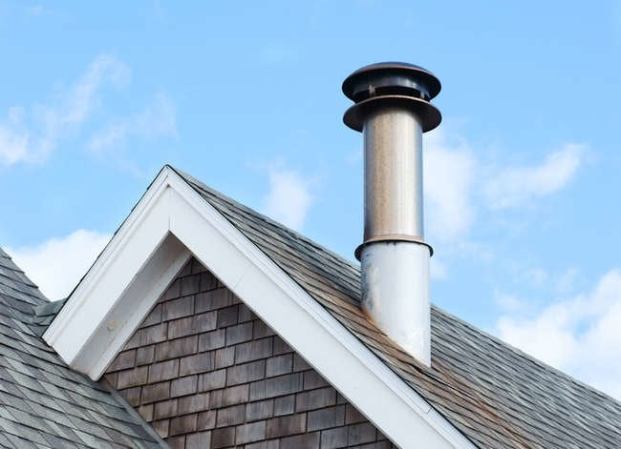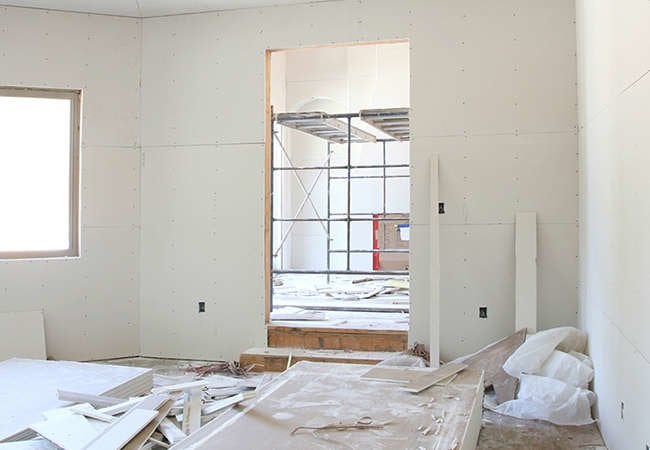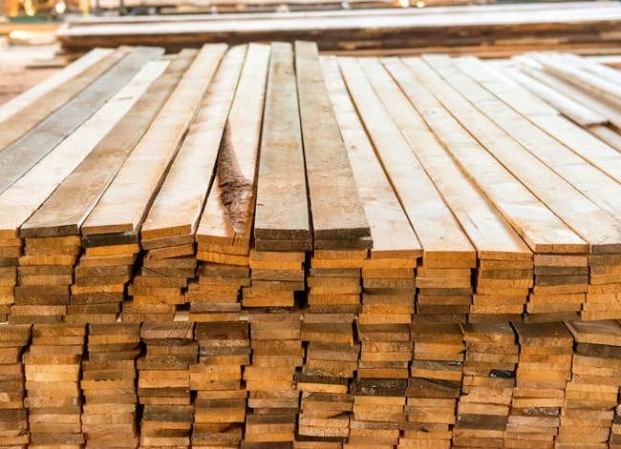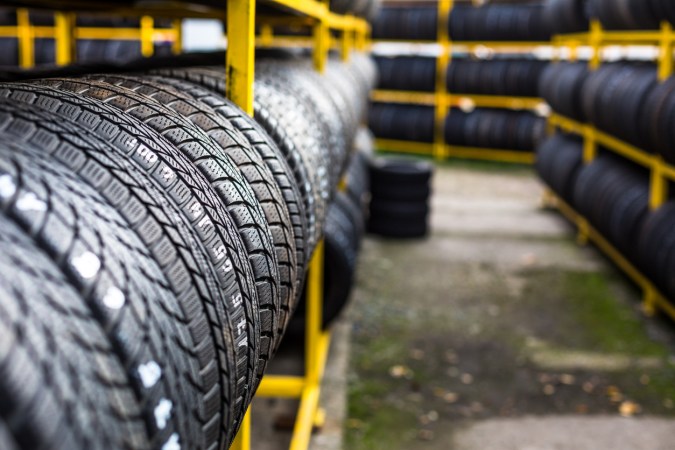We may earn revenue from the products available on this page and participate in affiliate programs. Learn More ›
Q: My dishwasher is only two years old, and until recently, it’s done a great job. For the past month or so, it’s been a different story. Even if I run a load on the longest cycle, I end up with streaks on the glasses and smears of food on the plates and silverware. Is there any chance I can fix my dishwasher without having to call a repairperson?
A: Sorry to hear about your dishwasher woes, but you’re in good company. One of the most common complaints concerning dishwashers is their failure to clean adequately. While the problem is sometimes due to an inferior quality machine, yours performed well initially, so there’s a good chance—with a little help—it will do so again. Follow along to find out what steps you can take to fix a dishwasher that’s not cleaning, as well as best use practices to ensure that it functions optimally to keep your dishes spotless.
Use vinegar to clean and de-clog.
If gunk and goo buildup in your dishwasher—caused by food deposits and hard water—is minor, you can often remedy the situation by running a vinegar cycle. Simply pour three cups of white vinegar in the bottom of the empty dishwasher and select the longest cycle. The vinegar will dissolve light mineral buildup and clean gunk from the holes in the spray arm. It will also remove residual grease from the interior walls so dishes will be cleaner and smell better.
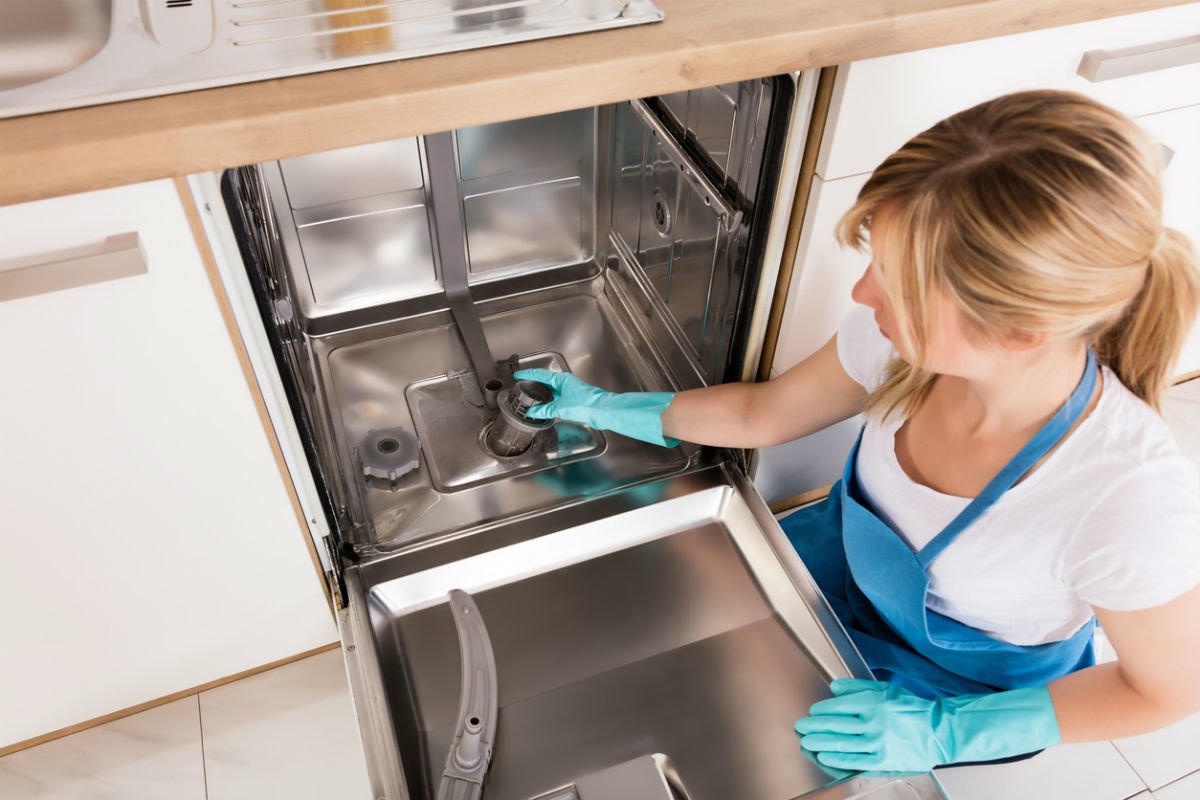
Check for spray arm clogs.
If holes in the spray arm are heavily clogged, try cleaning it manually. The spray arm is located at the bottom of the dishwasher and it typically snaps off or can be removed by loosening a screw cap. Use a toothpick to clear the holes and then rinse the spray arm under hot water.
Increase water temperature.
Hot water is vital for dissolving food particles, so some dishwashers have a built-in ability to heat water to the ideal temperature. If your dishwasher doesn’t have this feature, increase the water temperature on your hot water heater to at least 120 degrees. In addition, before starting a load, run the hot water in the kitchen sink for a minute to ensure that only hot water enters the machine.
Replace the dishwasher’s inlet valve.
If the dishwasher is not cleaning dishes even after completing the troubleshooting above, the inlet valve—which allows water to flow into the dishwasher—could be failing. A hammering noise during a cycle would indicate the problem. At this point, many homeowners opt to call a technician, but if you’re the DIY type, consult your owner’s manual. It will list the replacement valve you’ll need to order and may offer instructions on how to replace the old one.
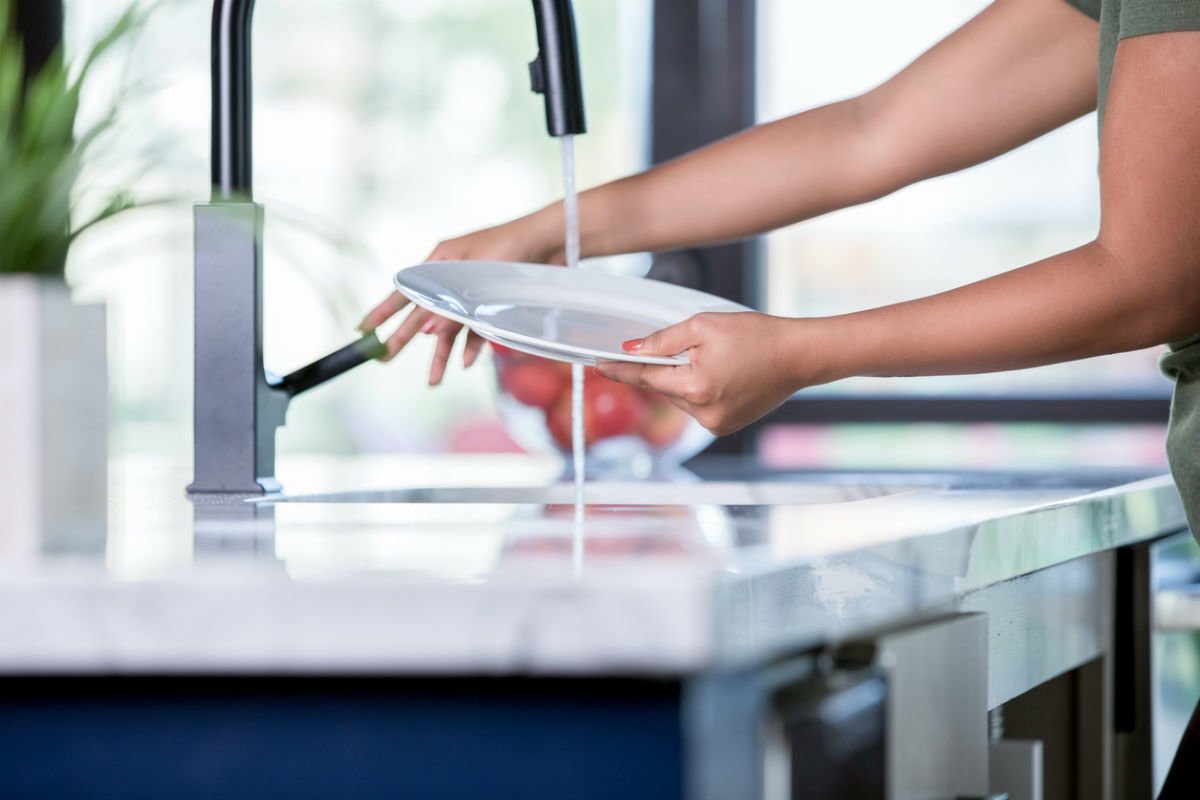
Rinse before loading.
One your dishwasher is cleaning well again, employ a few simple measures to keep it in tip-top shape. First, remember that a dishwasher is not a garbage disposal. Many of today’s newer models (if labeled “self-cleaning”) contain macerators, which are similar to garbage disposals but are only designed to handle tiny bits of soft food. If dishes or pans containing large or hard food deposits are loaded into the dishwasher, the debris can overwhelm the small macerator, leaving deposits on plates and glasses. The best practice? Scrape away leftover food, and then rinse dishes under hot water to remove large bits before loading.
RELATED: 9 Bad Habits That Are Killing Your Appliances
Clean the filter.
If your dishwasher is not self-cleaning, it most likely has a manual filter, designed to trap food debris. When the filter becomes clogged, the dishwasher continues to recirculate dirty water, resulting in small bits of stuck-on food and potentially smelly dishes. The filter is located at the bottom of the machine, usually covered by a twist-off or snap-off cap. Remove the cover and then lift out the filter. Soak it overnight in vinegar to loosen deposits and then scrub it with an old toothbrush. For the best results, clean the filter every month or two.
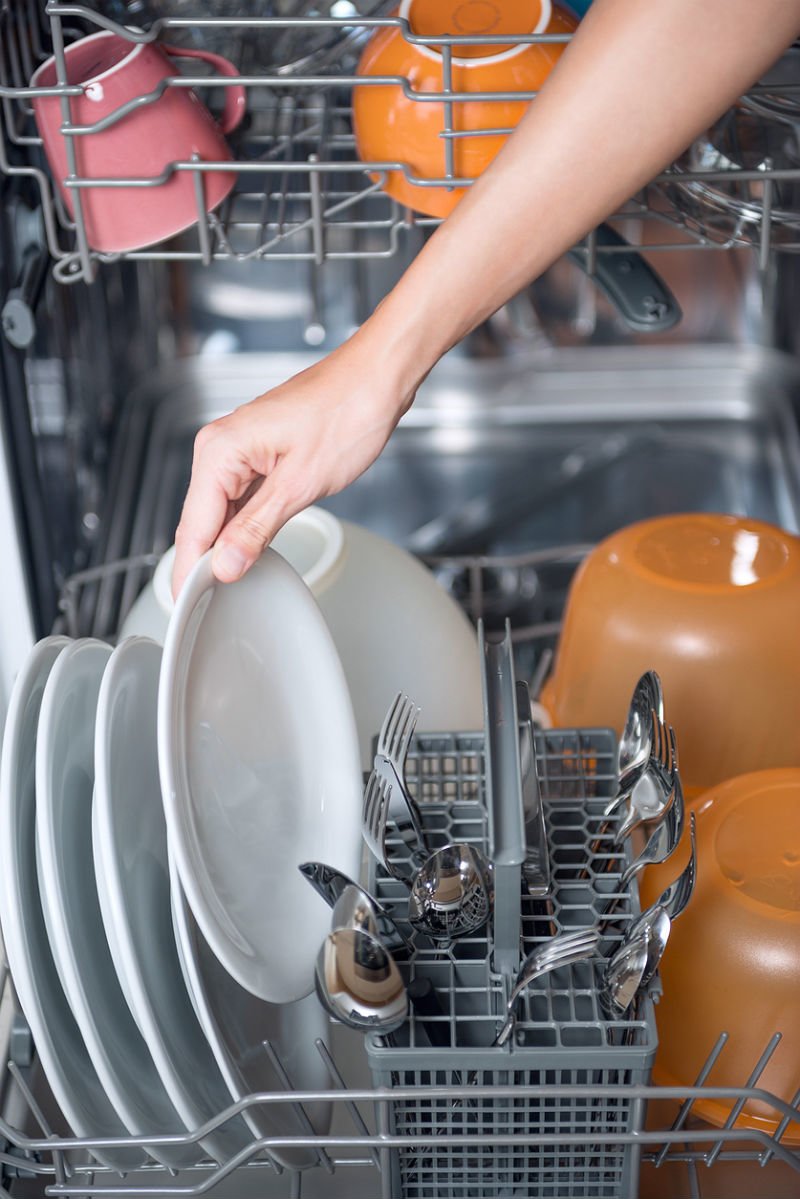
Load dishes as recommended by the manufacturer.
Some dishwashers have powerful water jets while others are less aggressive, but no matter what machine you own, you’ll get the best results if you load it properly. Loading the dishwasher incorrectly can block the spray from reaching all of the dishes, resulting in stuck-on food deposits.
Use quality detergent.
Dishwasher detergent contains a blend of enzymes, detergents, and rinse aids that work together to dissolve food deposits and reduce hard water stains on glassware. For sparkling results, use a dishwasher detergent with a great track record, such as Finish Quantum Max Powerball (available from Amazon). The Quantum Powerball made Consumer Report’s “recommended” list and Amazon buyers give it a hearty 4.4 stars for cleaning power.
Add a rinse agent.
Using a rinse agent can make the difference between cloudy, dull dishware and crystal-clear, glasses and shiny plates. These liquid additives contain surfactants, which are designed to keep water droplets from leaving spots. Keep your dishwasher’s rinse aid reservoir full and add a small squirt of rinse aid to the bottom of the machine before running a load.
Consider installing a water softener.
Hard water can leave unattractive residue on plates and glassware. It can also leave deposits on the dishwasher’s internal parts, reducing the free spinning movement of the spray arm and blocking the valves, thereby shortening the life of the unit. If you suspect your water is hard, perform a test with a simple kit, such as Hach’s Total Hardness Kit (available from Amazon). If results indicate hard water, consider installing a water softener on the water line that enters your home. Not only will the softener protect your dishwasher, but it will also reduce hard water deposits on sinks, tubs, and showers.

